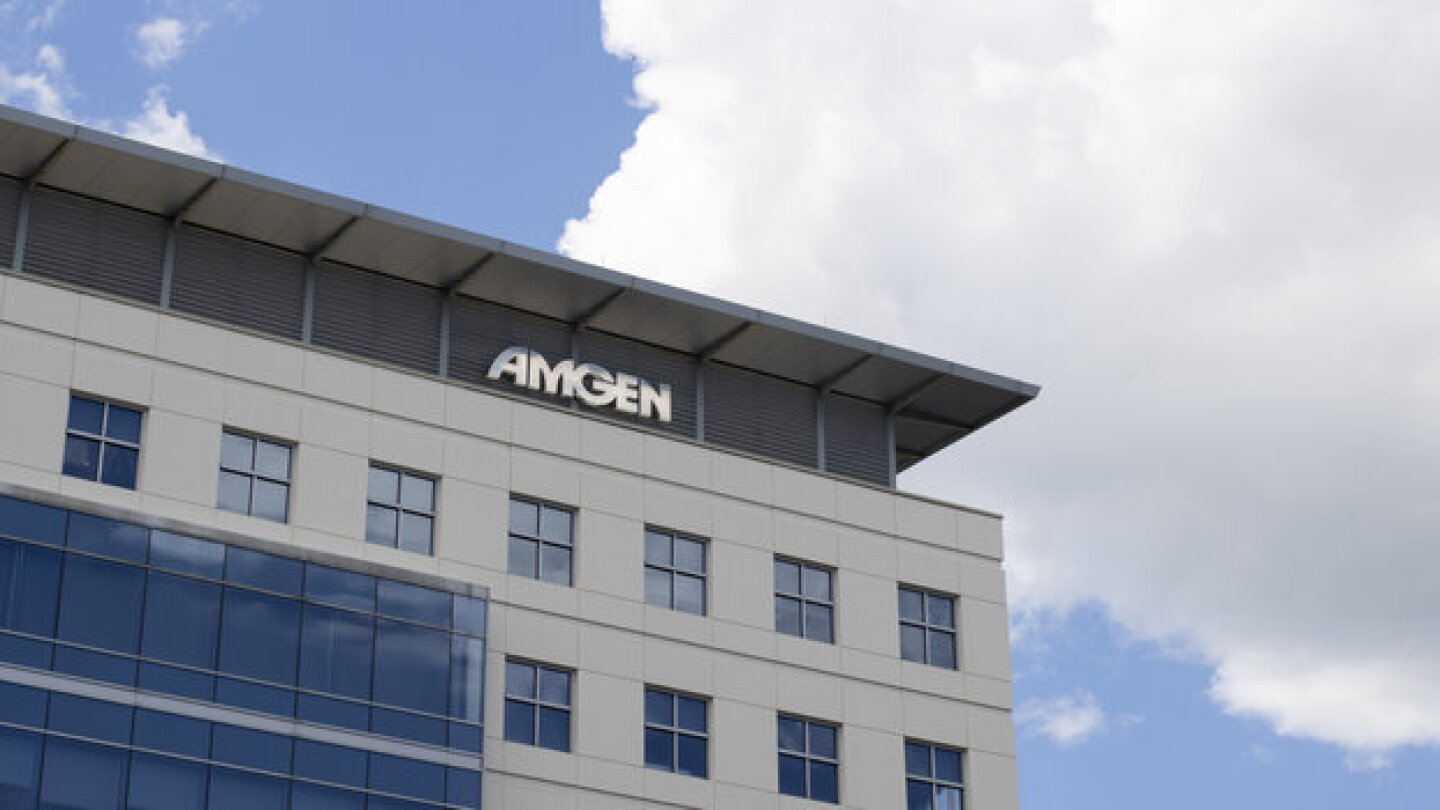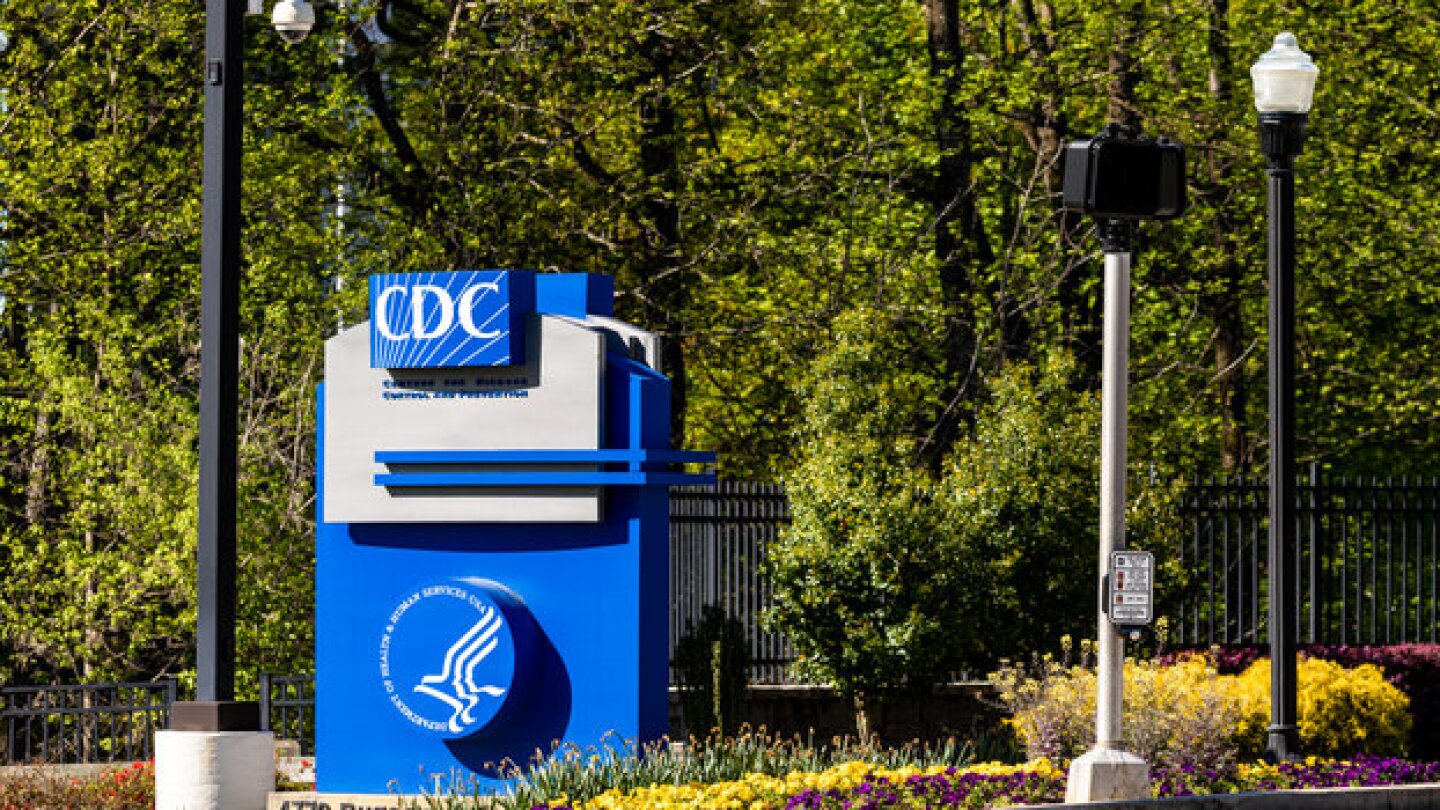News
Ivonescimab’s progression-free survival data in non-small cell lung cancer bode well for an upcoming overall survival readout, according to Truist analysts, who noted that “OS is likely to be statistically significant” in favor of the PD-1/VEGF bispecific.
FEATURED STORIES
While Eli Lilly’s orforglipron is top of mind heading into the European Association for the Study of Diabetes meeting this week, experts told BioSpace the conference will also provide important insights into the therapeutic benefits of incretin therapies beyond weight loss.
After decades without much movement, a handful of new treatments for this rare autoimmune disease are now approved, and several companies, including argenx and Regeneron, have recently released promising late-stage trial results.
On the FDA’s docket for the back half of September is Merck’s proposed subcutaneous formulation of its blockbuster cancer drug Keytruda.
Job Trends
Merck, known as MSD outside of the United States and Canada, announced that the U.S. Centers for Disease Control and Prevention’s Advisory Committee on Immunization Practices unanimously voted to recommend CAPVAXIVE™ as an option for adults 65 years of age and older for pneumococcal vaccination.
FROM OUR EDITORS
Read our takes on the biggest stories happening in the industry.
Following restricted vaccine approvals and changes to CDC immunization schedules, Merck, Pfizer, GSK and Sanofi are all suffering revenue hits to their vaccine programs.
THE LATEST
MapLight laid out the terms of its planned IPO in a regulatory filing on Monday, providing greater detail about what the funds will be used for.
Of the three highest bidders, Pfizer’s purchase proposal for Metsera was the lowest, regulatory documents reveal. The New York pharma, however, offered the smoothest transaction with the greatest likelihood of success.
Skye Bioscience’s nimacimab fell short of investor and company expectations, but showed encouraging weight-loss results when combined with Wegovy, according to analysts at William Blair.
Amgen will offer its lipid-lowering drug Repatha directly to patients for $239 per month, representing a nearly 60% reduction from the current wholesale acquisition cost of $527.70.
A new survey from CRB showed that most manufacturing initiatives in the U.S. made in response to tariffs are coming from Big Pharma companies, while smaller biotechs are left to hope “the situation doesn’t get worse.”
The inaugural 40 Under 40 cohort includes CEOs, leaders who have founded or co-founded their company and executives from a range of disciplines. Winners’ accomplishments include shaping drug development, achieving key FDA milestones and launching a new field of study.
Cell and gene therapy experts question where the FDA designation fits in an environment that features a range of intersecting regulatory perks.
A new group of CDC advisors voted last month to separate the chickenpox vaccine from the measles, mumps, rubella components of the MMRV shot due to concerns over febrile seizures, while recommending a more risk-based approach to COVID-19 immunizations that mirrors recent FDA approvals.
The hold was placed earlier this year when the FDA asked for more preclinical data, but the agency was slow to respond due to ‘strain’ on its capacity, according to Neurizon.
AstraZeneca has invested heavily in AI, primarily through collaborations, including an up to $5.3 billion partnership with China’s CSPC Pharmaceutical in June.

















